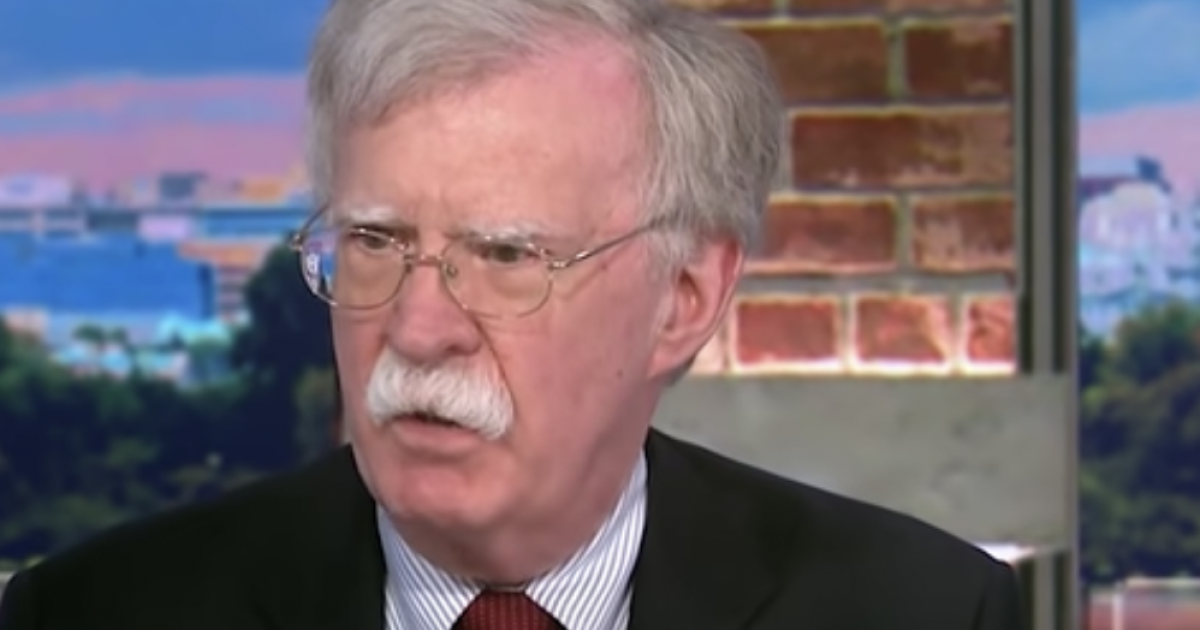
One of the geopolitical developments that has fascinated me is the growing rapprochement between China and Russia. For an avid follower of geopolitics like myself, this is an intriguing political maneuver. But for the deluded neocon class, this is a complete nightmare. As the year comes to a close, we should reflect on this new development in geopolitics.
The “Dragonbear”, a term coined by geopolitical expert Velina Tchakarova that refers to the enhanced coordination between China and Russia in critical areas such as ”diplomacy defence, space, economy, energy, trade, finance, international and regional organizations, etc.” is now one of the realities of our present-day order.
https://twitter.com/vtchakarova/status/1468693634379923456
Such a novel strategic arrangement is a total nightmare for the neoconservative hacks who think the U.S. will forever occupy a unipolar position. Former U.S. National Security Advisor John Bolton is one of those individuals who is struggling to cope with this new reality.
He went on Russia Today’s Going Underground in mid-October to explain why Russia has made a mistake by aligning itself with Beijing instead of gravitating towards the West.
“I think Russia’s greatest security lies in moving West, not moving East,” Bolton declared in this interview. He stressed that it’s not in Russia’s long-term interest to align itself closely with China, declaring, “By splitting away from the potential for closer relations with the West that we had after the collapse of the Soviet Union, I think we’ve lost a lot of time and opportunity.”
Bolton generally brushed aside RT host Afshin Rattansi’s suggestion that American and NATO policies have incentivized Russia to align itself with China.
“And I think it’s a big mistake for Russia,” Bolton asserted. “I think Russia’s got a lot of oil that it’s happy to sell to China, it’s got strategic weapons that it’s happy to sell to China, but I think Russia’s making a very bad decision by casting its lot in the future – for the rest of this century, potentially – with China.”
Bolton believes that by aligning itself with China over the Western powers, Moscow runs the risk of eventually losing control over much of Russia’s territory east of the Urals. “You’ve got a country with a huge population and not many natural resources south of Russia with, in that part, a lot of natural resources and very few people.”
That doesn’t speak long-term strategic stability from the Russian point of view, and I would just urge people in Russia who are thinking about this issue to think long and hard before they get too close to China, Bolton added.
Bolton believes that America’ reluctance to negotiate a new arms control agreement with Russia is due to China’s emergence as a major nuclear power. Bolton said that during the Cold War, that arms deals were effectively a “bipolar negotiation” between the US and Russia, although a few other countries possessed nuclear weapons.
“Today, we read in the newspapers from commercial satellites overhead of Chinese construction of hundreds of new ballistic silos, which are obviously being excavated to put in nuclear warheads,” Bolton observed. “China’s capabilities in the nuclear field are expanding enormously… If we’re going to have new strategic weapons negotiations with Russia, China has to be included. It makes no sense whatsoever to pretend that we’re still living in the Cold War, bipolar nuclear era.”
Bolton’s take on the growing Chinese-Russian strategic partnership represents massive wishful thinking on the part of national security experts in America and the collective West. China isn’t the one that’s promoting color revolutions or trying to expand NATO’s footprint in Russia’s traditional sphere of interest.
The wishcasting of the American foreign policy Blob is typical of a power who still thinks it’s a hegemon, when the current geopolitical chessboard is changing in a way that defies these foreign policy tinkerers’ assumptions.
The American ruling class has no one to blame but itself for the deterioration in relations with Russia and the subsequent rapprochement between it and China. A more realistic foreign policy would be one where the U.S. defends its traditional sphere of influence in the Western Hemisphere and respects other great powers’ spheres of influence.
Expecting the current crop of foreign policy leadership to abide by realist foreign policy principles is overly optimistic. In reality, a new generation of leaders is needed to bring America back to its more realist, non-interventionist roots.



